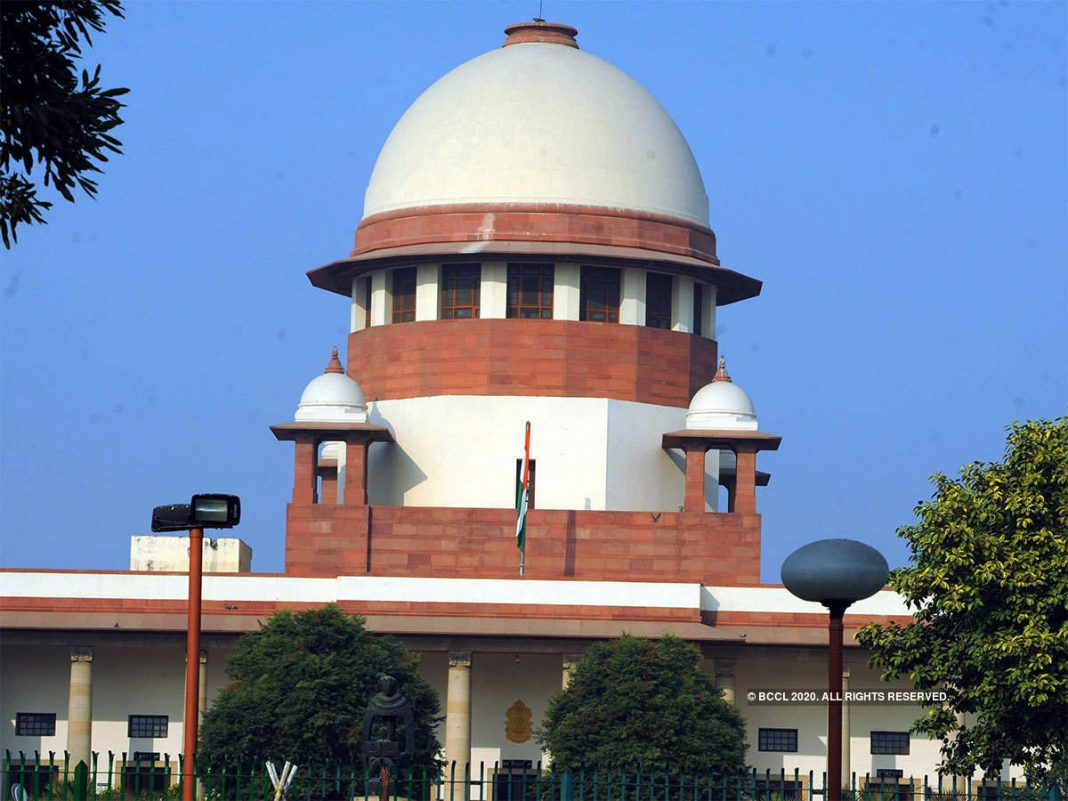The Supreme Court has held that the period of limitation for filing objections would have to be reckoned from the date on which the signed copy of the award was made available to the parties.
Hearing a matter where the period of limitation for filing the petition under Section 34 of Arbitration and Conciliation Act, 1996 was under consideration, the bench comprising Justices Indu Malhotra and Ajay Rastogi pronounced its judgment on an appeal challenging the Arbitral Award passed by a three-member Tribunal Bench.
The Court has restored the petition filed under Section 34 of the Arbitration and Conciliation Act, 1996 to the file of the Court of District and Sessions Judge, Hissar, Haryana to be decided on merits in accordance with law.
In the present matter the issue was whether the period of limitation for filing the petition under Section 34 of the Arbitration and Conciliation Act, 1996 would commence from the date on which the draft award was circulated to the parties or the date on which the signed copy of the award was provided.
The background of the case related to a Service Level Agreement executed by the Appellant in the favour of the Respondent providing call centre services. After a few years, the appellant terminated the Agreement that led to dispute between the parties and dispute was referred to the Arbitration by a three-member tribunal as per clause 13 of the Agreement.
The arbitral tribunal orally pronounced the award, whereby the claims of the respondent company were allowed. The parties were informed that the third arbitrator had disagreed with the view taken by the majority of arbitrators, and would be rendering his separate opinion.
On the next date of hearing, a copy of the dissenting opinion was provided by the third arbitrator to the parties. Thereafter the Appellant-corporation filed its Objections under Section 34 on 10.09.2018 before the Ld. Civil Court, Hisar, Haryana challenged the award dated 27.04.2018, along with an Application for condonation of delay.
The Civil Court dismissed the Application for condonation of delay vide Order dated 14.02.2019 and held that, “Merely because the dissenting opinion was erroneously styled as an award by the minority arbitrator, it cannot be said that the dissenting opinion attains the status of an award.”
The appellant corporation filed an appeal before the High Court which was also on the ground that there was no infirmity in the judgment of the Civil Court and a reading of Section 31 clearly reflects that once an award is signed and communicated by the majority of arbitrators, the same would constitute an “award”.
Aggrieved from the order passed by the High Court the appellant filed an appeal before the Supreme Court contending that the objections made by them had been erroneously dismissed by the Additional Civil Judge, as well as the High Court on the sole ground of limitation, and not on merits. It was also submitted that reference to the ‘arbitral award’ in the Arbitration Act includes both the majority award as well as the minority opinion.
On the contrary the Respondents had contended that the dissenting opinion of the minority member was not an award for the purposes of computing the limitation period prescribed under sub-section (3) of Section 34.
After going through all the facts presented and contentions made by the parties the Court set aside the order of the district and High Courts.
Read the judgment here.
17590_2020_43_1501_26606_Judgement_02-Mar-2021

